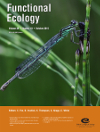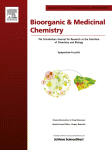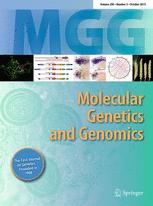A group of computer scientists has a pair of retractions for duplicating “substantial parts” of other articles written by different authors. Both papers, published in Neural Computing and Applications, are on ways to screen for breast cancer more effectively.
According to the abstract of “An improved data mining technique for classification and detection of breast cancer from mammograms,” computers make the process of identifying cancer in lesions detected by mammograms faster and more accurate:
Although general rules for the differentiation between benign and malignant breast lesion exist, only 15–30% of masses referred for surgical biopsy are actually malignant. Physician experience of detecting breast cancer can be assisted by using some computerized feature extraction and classification algorithms. Computer-aided classification system was used to help in diagnosing abnormalities faster than traditional screening program without the drawback attribute to human factors.
The article has been cited four times, according to Thomson Scientific’s Web of Knowledge. The retraction note reveals where “substantial parts” of the article came from:
Continue reading Plagiarism detected in two papers on improving detection of cancer by mammograms










 A
A